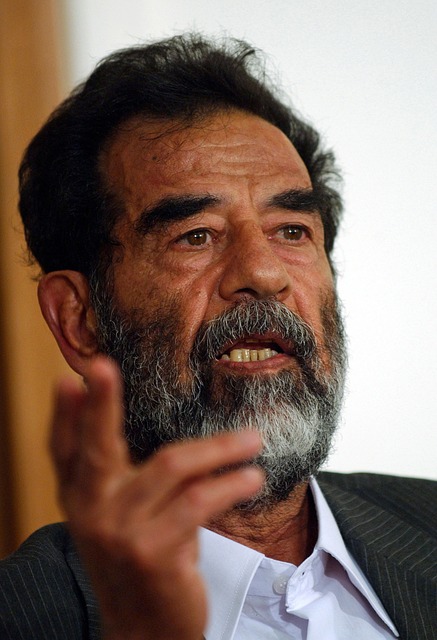 Recently we conducted a chart showing the development of facial hairstyles beginning in 1842. It was, although it revealed that about 90 percent of guys wore hair at the late 1800s. From 1972, once the study was published, nearly as many have been clean-shaven.
Recently we conducted a chart showing the development of facial hairstyles beginning in 1842. It was, although it revealed that about 90 percent of guys wore hair at the late 1800s. From 1972, once the study was published, nearly as many have been clean-shaven.
So did hair drop from style?
Sociologist Rebekah Herrick provides us a notion. Together with Jeanette Mendez and Ben Pryor, she researched the stereotypes connected with men’s facial hair along with also the consequences of U.S. politicians.
Hair is uncommon among politicians. “Presently,” they noted, “fewer than five percent of those people of the U.S. Congress have beards or mustaches” without a president has sported facial hair because William Howard Taft left office in 1913 before women had the right to vote.
With an experimental procedure, her coworkers and Herrick revealed individuals photos of emerging politicians together and without asking them how they felt about their places and the guys.
They discovered that voters believed guys to become masculine and also this was a sword that was mythical. Ratings of masculinity were connected with worries the politicians were friendly to women and their own concerns but also perceptions of proficiency.
The decorative hair, to put it differently, the more people fear that a politician may be sexist. In fact, facial hair does not have any connection to the voting record of a politician. They assessed. The study indicates whenever they wish to affect how others view them that guys in politics — perhaps all guys — are smart to pay attention.
Masculinity, Perceived Issue Positions, and Electability
Experimental results confirm most theoretical expectations as well as the course of U.S. governmental history. Our student subjects more manly, and supportive of issue places, but not prepared perceived members of Congress with hair to encourage the installation of force. The assessment was roughly masculinity — in that hair contributed to presumptions. That is members of Congress with hair were viewed as manly and were assumed to be feminist.
Politicians’ electability, might impact with mustaches or beards. Our experimental results failed not to demonstrate that guys with facial hair were far significantly less electable complete than men without beards or mustaches. But feminists one of our subjects and girls said that they had been inclined to vote for the politicians not using beard trimmer (you may visit https://10hitech.com/best-beard-trimmer/ to know more about best beard trimmers). Perceptions of masculinity for all these guys with hair contributed about voting for them that feminists and girls have shown.
